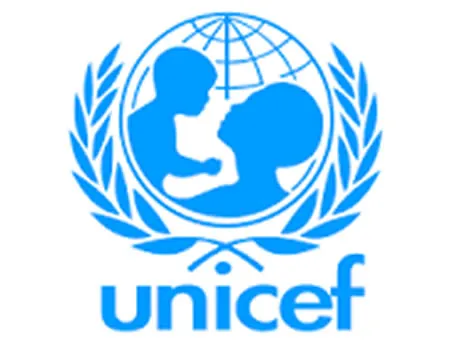



Besides, it stated that the country loses N455 billion yearly to lack of sanitation, a situation that needed to be addressed and confronted by all stakeholders.
Also giving Nigeria’s global standing on open defecation, UNICEF said Nigeria now has the second largest people that defecate in the open globally, after Indian.
Specifically, UNICEF said Nigeria with an estimated 47 million people defecating in the open became the second country, from the fifth country it occupied before 2015.
With the current trend and efforts being made by other countries, especially Indian, who currently has the highest figure with 522 million, Nigeria may become the worst country globally if the trend is not wholly addressed.
The Chief of WASH (Water, Sanitation and Hygiene), UNICEF, Mr Zaid Jurji, who spoke on access to basic WASH services; and how open defecation is affecting and undermining the lives of children, women and economy of Nigeria, pointed out that the country needed N959 billion to address the problem.
ALSO READ: EFCC replies Gov Fayose, asks him to make self available Sept 20
The N959 billion, according to Jurji includes N725 billion household costs and N234 government costs.
Mr Jurji was speaking at a two-day media dialogue on European Union (EU) Niger Delta Water Project, jointly organized by The Child Rights Information Bureau (CRIB), Ministry of Information and UNICEF in Port Harcourt, River State.
On the economic gains, he said: “If Nigeria loses N455 billion each year due to lack of sanitation and needs only N95.9 billion per year to eliminate open defecation, the economic gains could be about N359.1 billion or $1.026 billion each year.”
Jurji pointed out that one in four Nigerians lack access to a basic toilet and defecate in the open, adding that 32% lives in rural areas, while 39% are from the poorest households.
He stated that only 39% Nigerians use improved toilets that are not shared by more than one household; while 4.4% have safely managed facilities which are Sustainable Development Goals target and 34.6% have basic facilities, a Millennium Development Goals target.
The UNICEF WASH expert stressed the urgent need to create awareness of the dangers of open defecation and the implications on human and economic development; which required behavioural change.
Out of the 744 local governments in Nigeria, only three – Obanliku in Cross Rivers State; Dass in Bauchi and Yakur also in Cross Rivers are open defecation certified.
The UK emergency war alert, first launched in 2023, is designed to warn the public of…
The BBNaija S9 reunion began airing on June 23, and features intense drama, relationship updates,…
The Head of the Civil Service of the Federation Mrs. Didi Walson-Jack has expressed the…
Nigeria's external debt stood at N70.63 trillion ($45.98 billion) by the end of Q1 2025,…
“But the moment you bring up their ‘demigod’ Peter Obi’s name, even in the context…
The UK Met Office has issued a stark warning that the country's hottest day yet…
This website uses cookies.